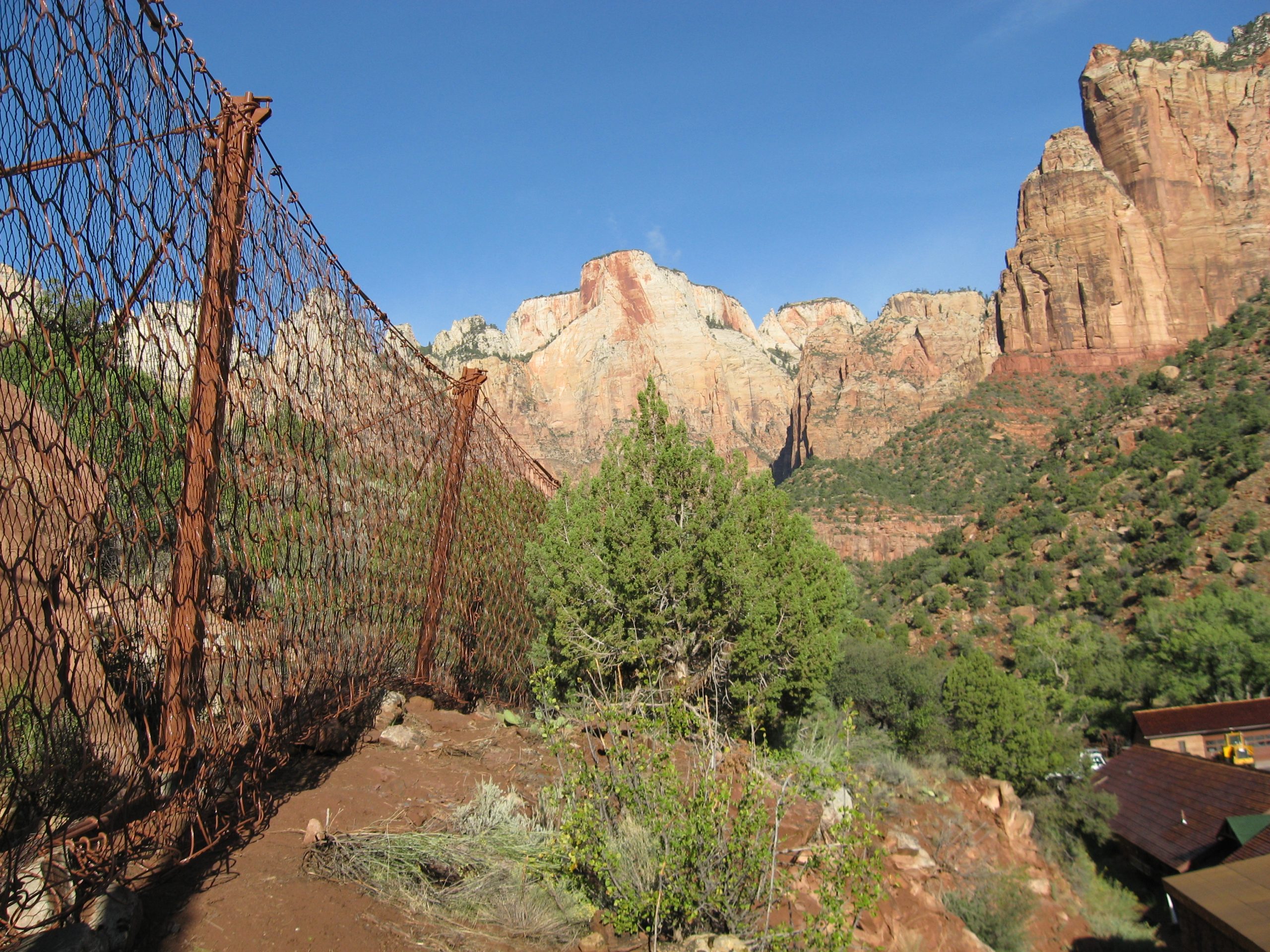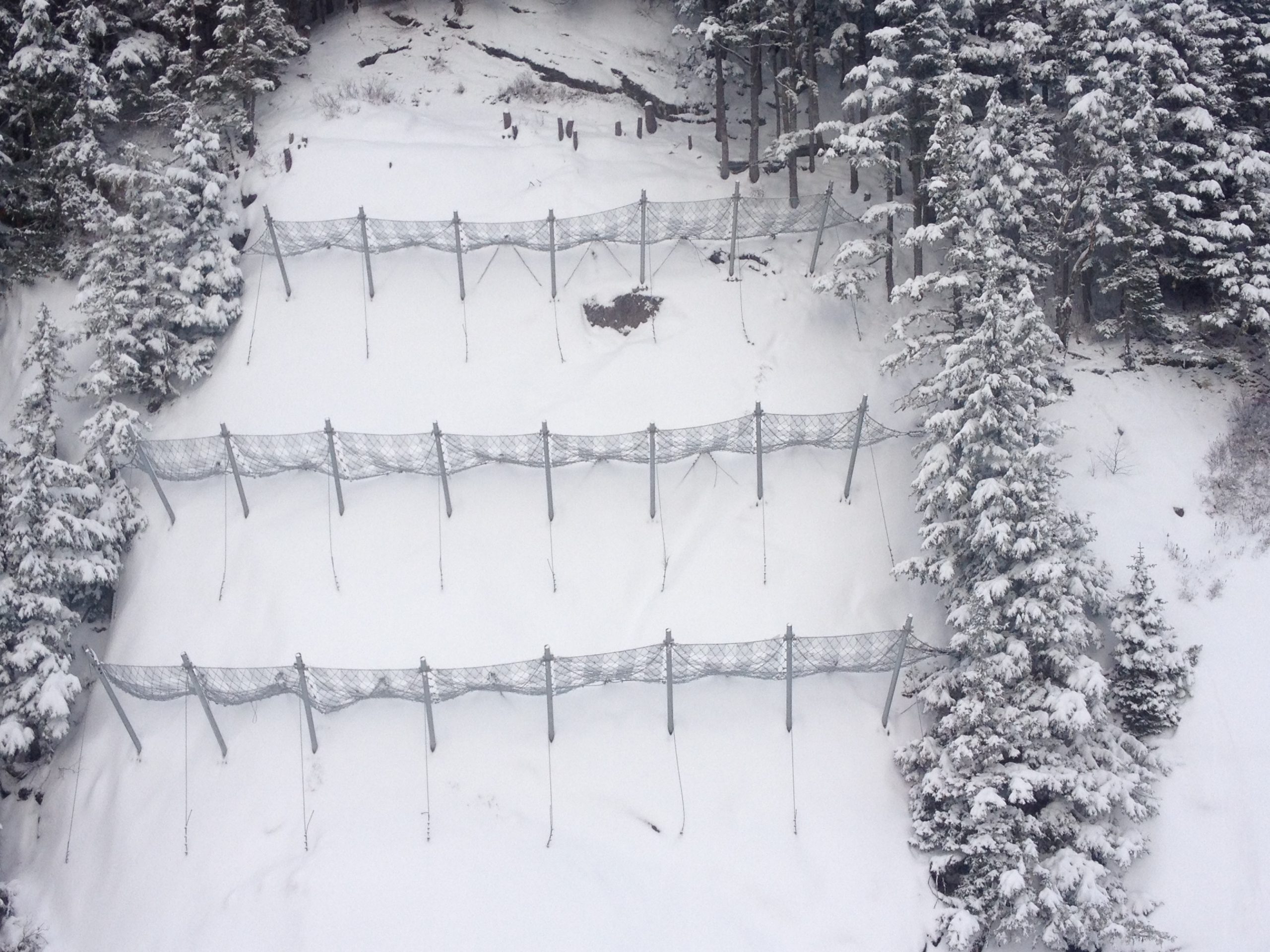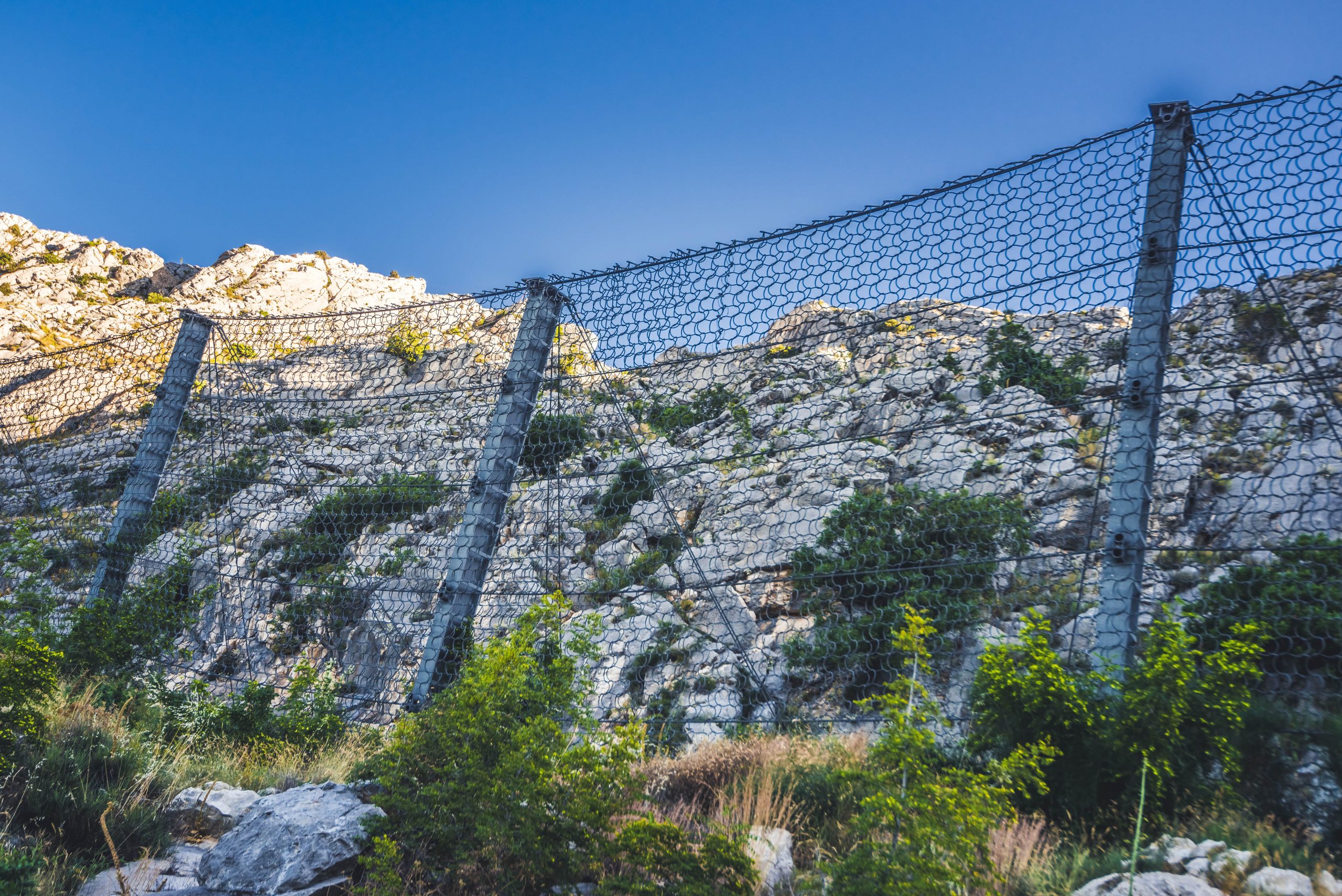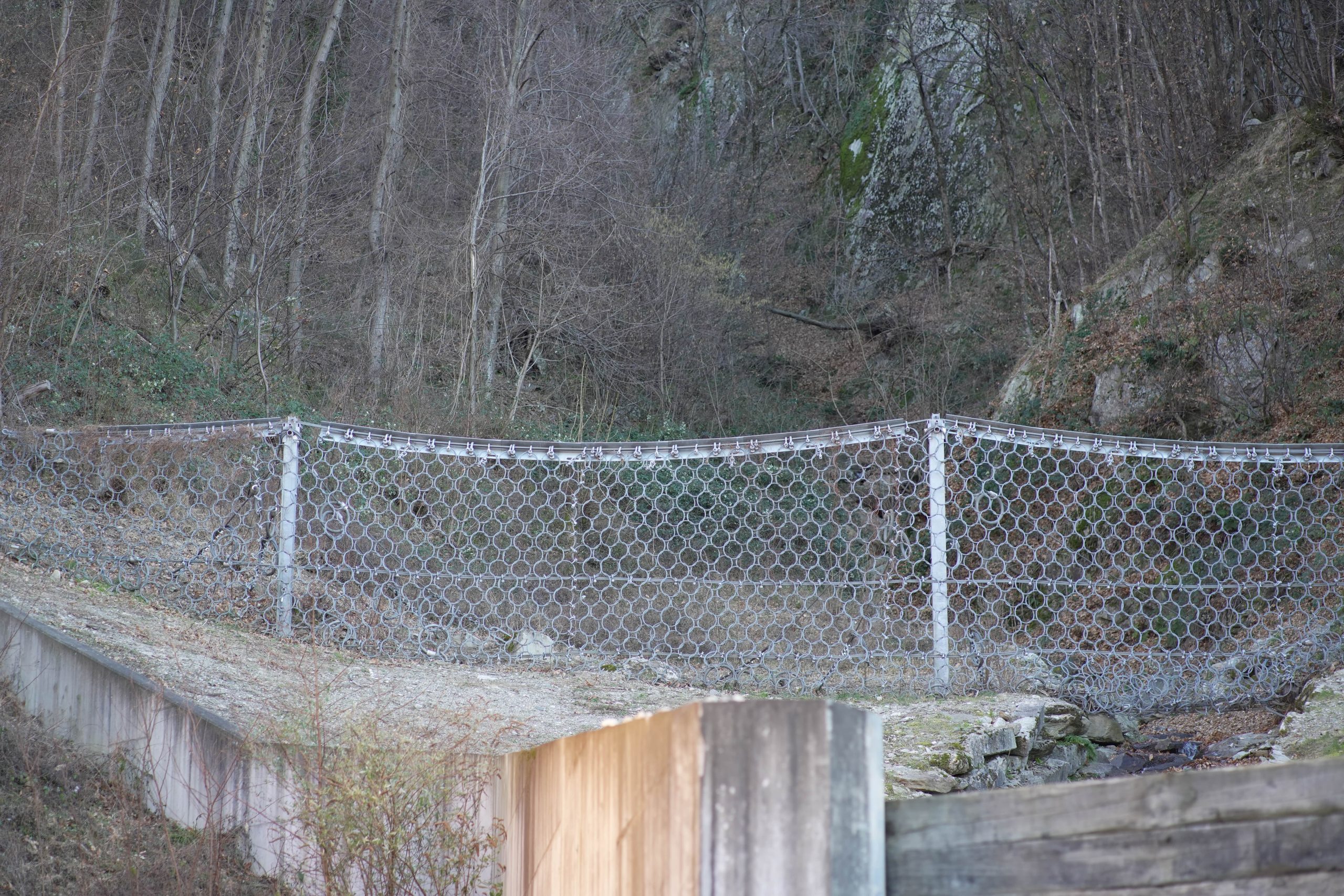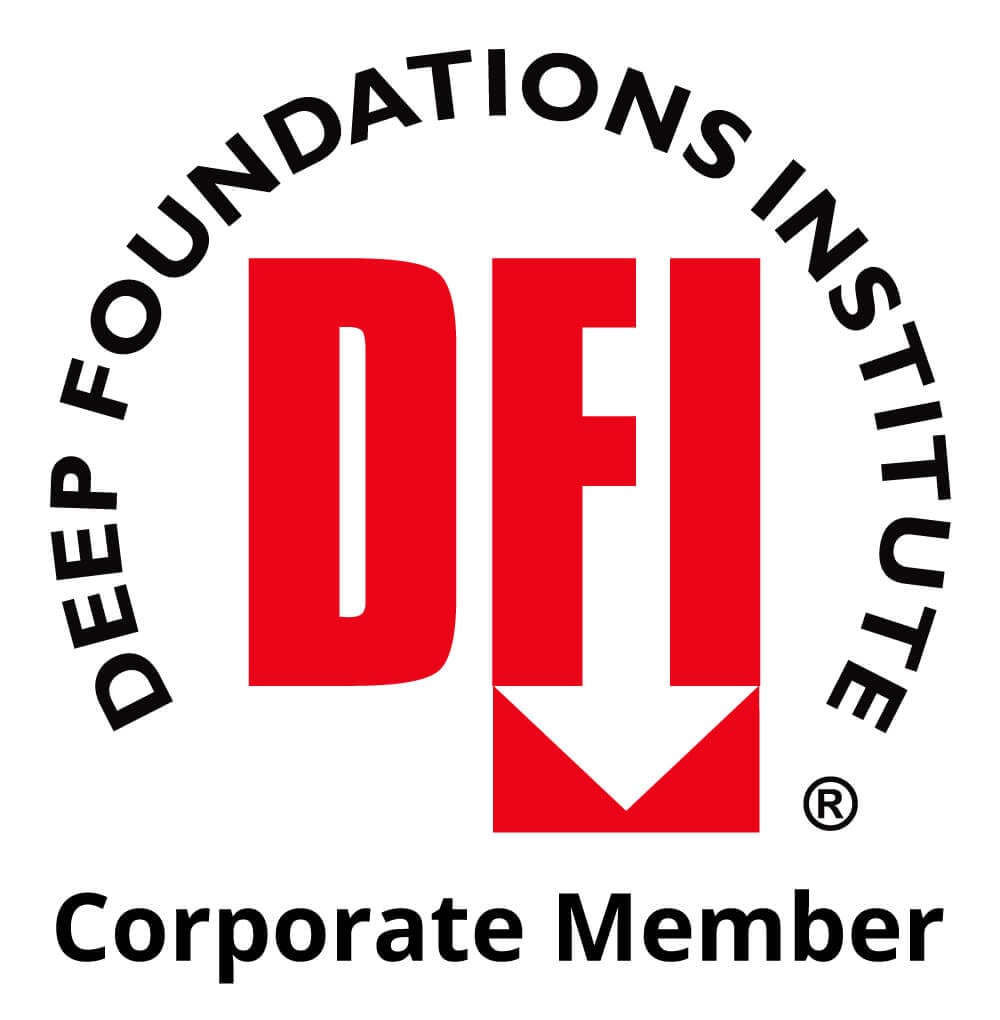What are flexible barriers for rockfall containment?
Flexible barriers for rockfall containment are designed to mitigate the impact of rockfall events. These barriers are engineered to provide a strategic defense against falling rocks and debris, offering a high level of protection for infrastructure and the surrounding environment.
Unlike rigid structures, flexible barriers are designed to absorb and dissipate the energy of falling rocks, reducing the potential damage and minimizing the risk of injury or loss. They are typically made of materials such as geotextiles, mesh, or steel wire, which provide flexibility and strength to withstand the impact forces.
